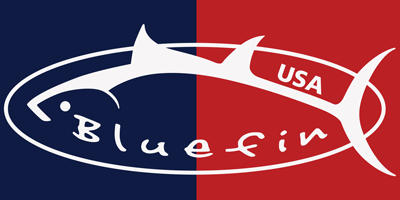Mark N. Maunder, Kevin R. Piner, Alexandre Aires-da-Silva, Steve Teo,
Hui-Hua Lee, and Paul Crone
Session 3, Talk 5, 18/1/16 @ 1530 hrs
Management advice from fisheries stock assessments is dependent on various assumptions about biological and fishing processes. Unfortunately, our understanding of these processes and the best way to model them is much poorer than most scientists and managers realize or care to admit. The recent stock assessment of Pacific bluefin tuna in 2014 is a prime example of uncertainties about biological and fishing processes. Despite wide acceptance of the highly depleted nature of the stock and the need for drastic management action (which has been implemented), the stock assessment’s inability to reconcile standard data types (e.g. catch, CPUE based indices of abundance and length composition) are indicative of our lack of biological and fishery understanding. Parameter uncertainty, model structure uncertainty, and unmodelled temporal variation in biological (e.g. growth, mortality, and movement) and fishery processes (e.g. selectivity and catchability) results in poor fits to data and potentially biased estimates of the historical dynamics. The estimates of future stock trends are influenced by bias in the historical dynamics as well as additional uncertainty in the stock-recruitment relationship. At the current highly depleted stock level, future projections may be hyper sensitive to assumptions about the stock-recruitment relationship even when the recreation of the historical dynamics is not. It is critical to know which processes are most important to improve the understanding of stock status and probable future trends so that research efforts can focus on those most likely to improve management advice.
Contact: M. Maunder, Inter-American Tropical Tuna Commission (IATTC), La Jolla, USA, This email address is being protected from spambots. You need JavaScript enabled to view it.














